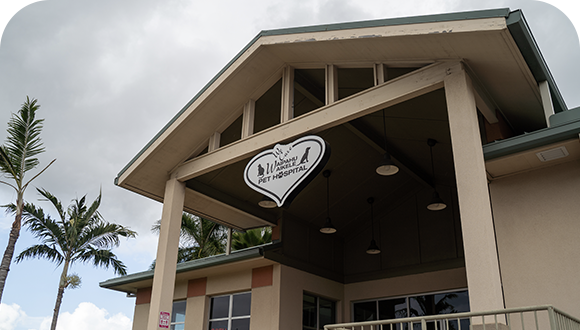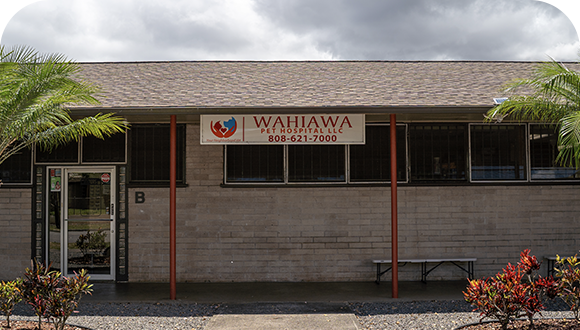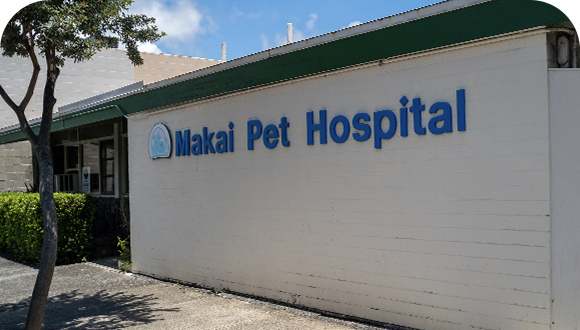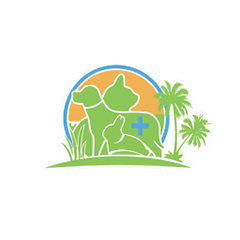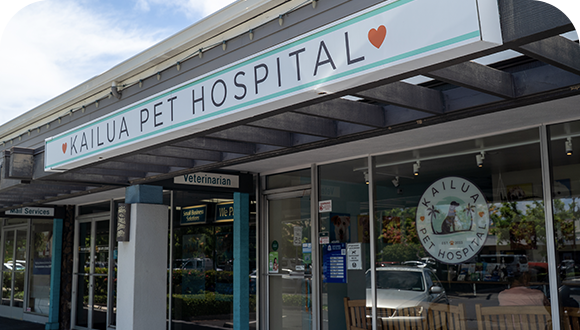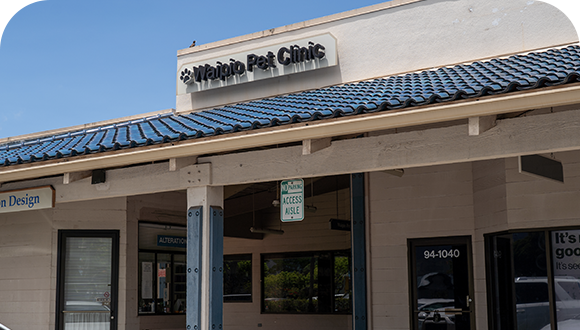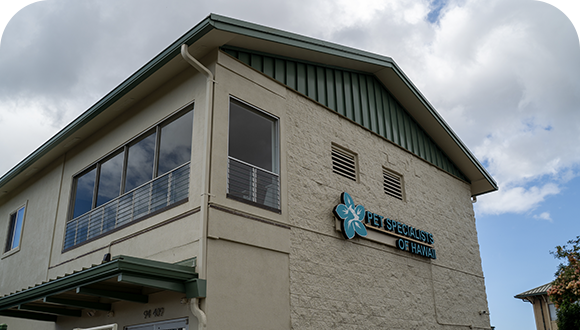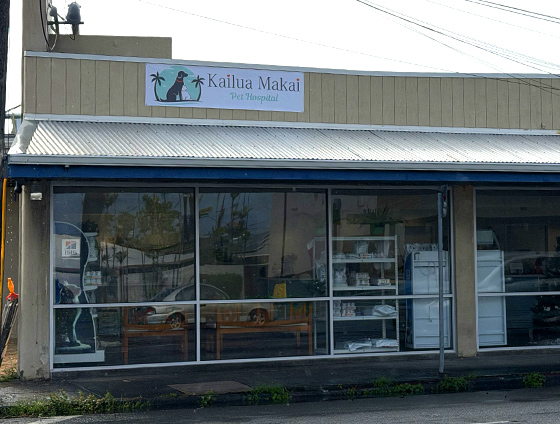The ocean covers more than 70% of Earth’s surface and makes up 97% of all water on the planet. You cannot drink ocean water, but you cannot survive without it, either. World Ocean Day is an international event set aside to bring awareness to the importance of marine health. Protecting the ocean is critical to protecting the entire planet.
Why Is the Ocean So Important?
The ocean surrounds Hawaii. It is integral to life in the islands. From fishing to tourism, local economies depend on this one vast, critical resource. The world’s biggest resource is not just important on a local level; it is key to how the entire planet functions.
EARTH SYSTEM HEALTH
Most of Earth’s surface is covered in water, making it a significant factor in global temperature, precipitation, and weather patterns. The ocean moves water, energy, matter, and gas worldwide from the equator to the poles. As it moves energy and interacts with the atmosphere, it plays a tremendous role in regulating the climate system.
Like trees, the ocean is important in oxygen and carbon cycles. It produces more than 50% of the oxygen that allows humans and other life forms to exist. It is also a carbon sink, storing more than 50 times as much as Earth’s atmosphere. Thus far, it has helped slow down the impacts of climate change.
HUMAN SYSTEM HEALTH
The oceans are integral to the way people live in modern society. Even those who have never seen the impressive expanse of blues, greens and grays need it to live their day-to-day lives. In addition to contributing to the overall health of the planet, people rely on the ocean for:
• Food
• Recreation
• Trade
• Medicine
• Employment
The blue planet impacts life around the world in ways both seen and unseen. Protecting it is protecting life as people know it.
What Threats Does the Ocean Face?
The world’s oceans are critical for Earth and human system health, but they suffer from threats on multiple fronts. Though the ocean is vast, it is not infinite. People may not see the effects of their actions directly, but human behaviors impact ocean ecosystems in significant ways. Plastic use, carbon pollution and fertilizer use are currently three of the biggest threats.
PLASTIC USE AND GARBAGE
In modern society, most of our goods are packaged in throw-away wrappings, and most of those are plastic. This waste makes its way from coastal and land-locked regions to the ocean through rivers, wind, and human transport. Once it lands in the ocean, it gets caught up in the currents, circulating and congregating in specific regions. Plastic does not biodegrade. Instead, it breaks down into smaller pieces, which ocean life often mistake for food. These small pieces are nearly impossible to clean up.
CARBON POLLUTION
Though the ocean is an important carbon sink, it is taking on too much. This is leading to ocean acidification. As the water becomes more acidic, sea life has a harder time adapting and surviving. The increased acidity leads to lower levels of calcium carbonate, without which plankton, coral, shellfish, and other animals cannot live. Carbon pollution also leads to climate change, resulting in rising sea levels and warming ocean temperatures, which threaten island and coastal communities.
FERTILIZER USE
Conventional agriculture relies on chemical fertilizers to grow a lot of food fast. Unfortunately, through irrigation and rainfall, many of these chemicals runoff into waterways and end up in the ocean. This creates dead zones, where very little, if any, life can live.
What Can You Do to Help?
For every threat the ocean faces, you can do your part to help! Commit to reducing single-use plastics and waste. Use reusable bottles, storage containers and shopping bags. Lower your carbon footprint by walking, biking, or taking public transportation when you can, switching to LED lights, and using energy-efficient appliances. Try growing your own food garden — without using chemical fertilizers — and purchase local products and organic foods when possible.
How Can You Get Involved in World Ocean Day?
Help spread the word about why people need to come together to protect this vital resource. The World Ocean Day website provides educational resources, posters, event resources and a petition to sign pledging your support. If there is not an event near you, you can plan one for your community!




